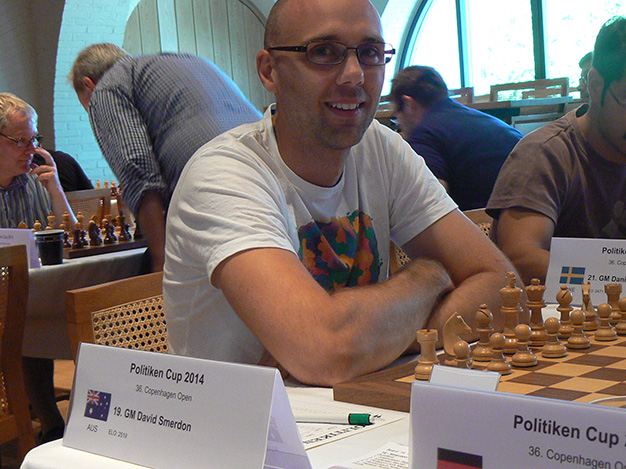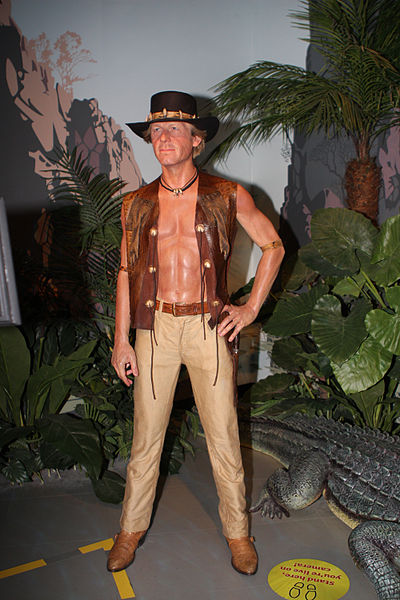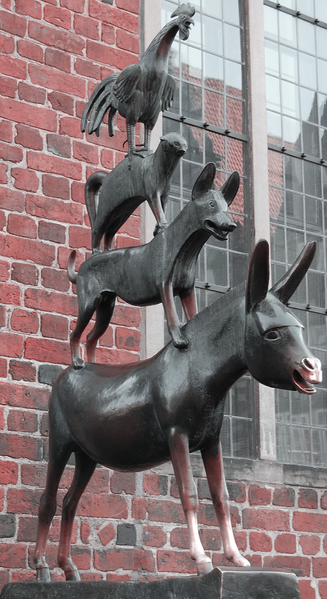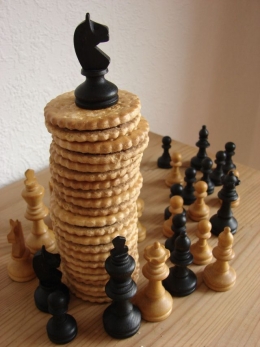An Interview with GM David Smerdon
Es liegt in der Luft, die Vögel rufen es von den Bäumen, kaum noch gibt es andere Gesprächsthemen - am Wochenende beginnt die Schach-Bundesliga!
Sechzehn beeindruckende Mannschaften aus nah, fern und dem Schwarzwald machen sich wieder auf die Suche nach einem neuen Meister, und - denn jedem Anfang wohnt ein Ende inne - zeitgleich endet am Samstag um 14 Uhr auch die Abgabefrist für das sehr, sehr spannende Schach-Welt-Gewinnspiel zur neuen Saison (mitmachen, mitmachen, mitmachen!). Für Emotionen ist also gesorgt, an und neben den Brettern.
In Bremen freuen sich die Menschen auf die ersten Züge des australischen Großmeisters David Smerdon, der möglicherweise schon zum Ligastart das dicht gestaffelte Mittelfeld des SV Werder verstärken und seinen Einsatz in vier Weserstadion-Wänden bestreiten wird.
Nach GM Ian Rogers, der viele Jahre für ein wundervolles Delmenhorster Team in der höchsten Spielklasse erfolgreich und mit dem ihm eigenen Erfindungsreichtum seine Partien bestritt, hat mit David Smerdon ein weiterer Meisterspieler aus dem fernen Down Under den Weg in die Bundesliga gefunden. So etwas kommt nicht alle Tage vor, doch begünstigt wird es wohl auch durch den glücklichen Umstand, dass David in dem nicht ganz so entfernten Amsterdam lebt und arbeitet. Da kann man ja durchaus auch einmal auf eine Partie Schach in Deutschland vorbeischauen.
GM Smerdon betreibt einen sehr lesenswerten Blog (Musing on chess, and lesser things), und mit seinem inspirierten und kämpferischen Schach luchste er als zweitstärkster Vertreter seines Kontinentes erst kürzlich dem berühmten Levon Aronian bei der Olympiade einen schönen halben Punkt ab. Ein ähnliches Ergebnis erzielte er Georg Meier in der Schlussrunde, als sich D und AUS mit einem 2 : 2 - Unentschieden trennten.
Wir stellen David hier im Blog einmal ganz unverbindlich vor und freuen uns, dabei auf ein Interview aus dem Vereinsheft der Werder-Schachabteilung zurückgreifen zu können. (Ok, ok, nun ist es genug mit der Werder-Werbung, versprochen!)
An Interview with David Smerdon

Der zweitbeste Spieler von ganz Australien! (Foto: Stephan Buchal)
Dear David, let me welcome you to Werder Bremen. We are definitely pleased you are a new member of our team!
And I’m pleased to be part of the team! My appointment, incidentally, has also helped answer a long-standing issue between my girlfriend (who is German) and I: which Bundesliga football team should I support? She would have much rather had me choose her beloved Dortmund, but I think she is secretly relieved that I’ve adopted the white-and-green instead of Bayern…
Let me start with a pretty standard opening – what has been your most remarkable chess success so far?
A pretty standard answer would be “winning the 2009 Oceania Zonals”, after which I went to the World Cup in Khanty-Mansiysk and was knocked out by Lenier Dominguez in a close match 3.5-2.5. But I’m more proud of team performances, such as Australia’s exceptional result at the recent Olympiad in Tromsø.
You are an Australian grandmaster. Could you tell us about the Australian chess scene – what is it like?
It’s very different to Germany, that’s for sure. We only have two regular international opens that are comparable to those of Europe, and there is no real teams league to speak of. It is, as you might imagine, impossible to live as a professional player. However, the club scene is thriving, and the recent explosion of talent in the junior ranks (such as our boy-wonder, Anton Smirnov) is exceptional in Australia’s chess history.
What do you miss most about Australia?
The beaches. The climate, year-round, is simply incomparable to Europe.
In chess, we know the English and the Italian Opening, and there is also the Dutch defence (hup hup!). How long will we have to wait until the Australian opening enters the stage?
Have you not heard of the Double-roo defence? Or the Adelaide Counter-Gambit? (To be fair, both were co-invented by the late English GM Tony Miles, while living in Australia.) Oh well; what about the Melbourne Shuffle? No? Then you’d better buy my new book…
You work at a university in Amsterdam. What is your job about?
I am studying for my doctorate in economics, and I also teach some undergraduate classes and supervise some bachelor theses.
Many people here in Europe remember Paul Hogan or his famous character Crocodile Dundee. Are all Australian like him? J
Too right, mate! J Well, over the recent decades, there has been an explosion of immigration into Australia, and the country is now rightly called a “melting pot” of nationalities – which I like very much. As one who can trace my roots back to the first boat of Europeans to arrive on our shores, I’m in the minority of modern Australians – but I’ve still never wrestled a crocodile.
How about you - would you like to be called Crocodile Smerdon?
I’m not sure how the Dundee outfit would look in white-and-green, but sure, why not?
Crocodile Dundee, wie er leibt und lebt. Rechts unten ein für Australien typisches Wildtier.
(Foto: Eva Rinaldi, many thanks!)
How good is your Dutch, and können wir dieses Interview auch auf Deutsch führen?
Mein Holländisch ist auf jeden Fall besser als mein Deutsch, aber wegen einem deutschen Mädchen, von dem ich mich besonders gern (lesen Sie oben), ich versuche, mein Deutsch zu verbessern.
What are your goals, chesswise?
I would like to be known as one who plays exciting chess, who innovates in the opening, who fights, and who can do the unexpected. If you are after specifics, then two goals continue to elude me: Having a variation named after me, and beating a 2700+!
What are your trade secrets for winning your games?
I am quite a practical player. Often I purposely don’t play the best move because I believe in the better practical chances of another, using some sort of probability theory I guess. More often than not, this psychological approach works, but occasionally, it can backfire quite badly…
Any advice on how to avoid time trouble?
If I think about a move for more than ten minutes, I usually ask myself, “Am I really likely to choose a different move if I keep thinking?” If the answer is “No”, I’ll play the move, even if I haven’t calculated all the consequences.
Have you heard about the Bremen Town Musicians?
My girlfriend’s Mother recently gave me a copy of Die Märchen der Brüder Grimm in order to help me improve my German. However, I’ve had a copy of the book (in English!) from my grandfather since I was about five years old, so: Yes!

In welcher Stadt steht dieses Skulptur?
We have to ask this, I am afraid: which is your favourite football club internationally, and which one is your favourite here in Germany?
Of course, football means something different in Australia…I have favourite rugby union, rugby league and Australian Rules Football teams back home, but none of these codes use a round ball. In Europe, I have some fondness for Chelsea. And as for Germany, as I mentioned above, I have ‘fallen’ into supporting Bremen!
Thank you, David, for the interview, and see you soon in our Werder team!
Looking forward to it!
(Interview: Olaf Steffens)




Kommentare
Alle Kommentare dieses Beitrages als RSS-Feed.